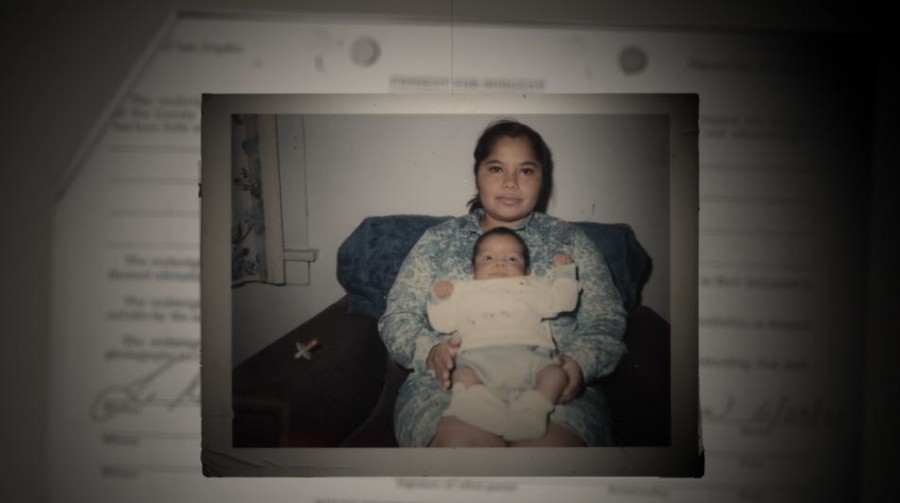“No Más Bebés,” a documentary about forced sterilizations of Mexican women in 1970s Los Angeles, was screened at the UTEP Union Cinema as a part of Women’s History Month. The film’s producer, Virginia Espino, attended the screening and hosted a Q&A afterwards.
“This film has been part of a national dialogue,” said Guillermina Gina Nuñez Mchiri, interim director of the Women and Gender Studies Program. “And for us, it’s a way of reconnecting with our history and knowing that we’re not done yet. That there’s still a lot to do in our community.”
About 60 attended the screening, and many questions were asked after the film. Espino discussed the possibility of forced sterilizations happening again, should Latinas and other minorities not advocate for themselves.
She also talked about understanding intersectionality when discussing modern feminism, making sure that reproductive justice causes aren’t only benefiting white women, but women across spectrums of race, class, nationality, sexual identity, etc.—an underlying motif of “No Más Bebés.”
“When we screen (the film) in the Southwest, principally in California, almost at every screening we have someone who says ‘this happened to me,’ or ‘this happened to my mom,’” Espino said. “There are definitely many more people who experienced these kinds of coercive practices at the L.A. County Hospital that we don’t know about.”
The Women Studies Program, Chicano Studies and the Liberal Arts Department purchased the screening rights to the film, and a copy of the documentary is now at the UTEP Library for others who wish to share it.
“No Más Bebés” will also be shown 6 p.m. Thursday at Café Mayapan. Tickets are $12 and include dinner and a discussion with Espino.
Jasmine Aguilera may be reached at [email protected].












